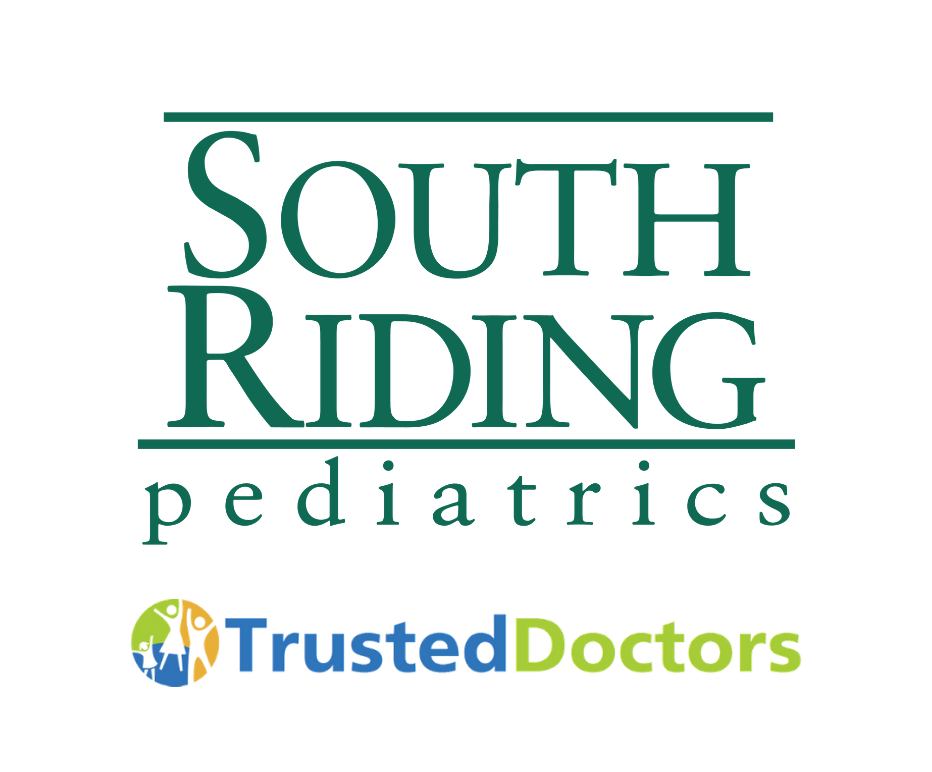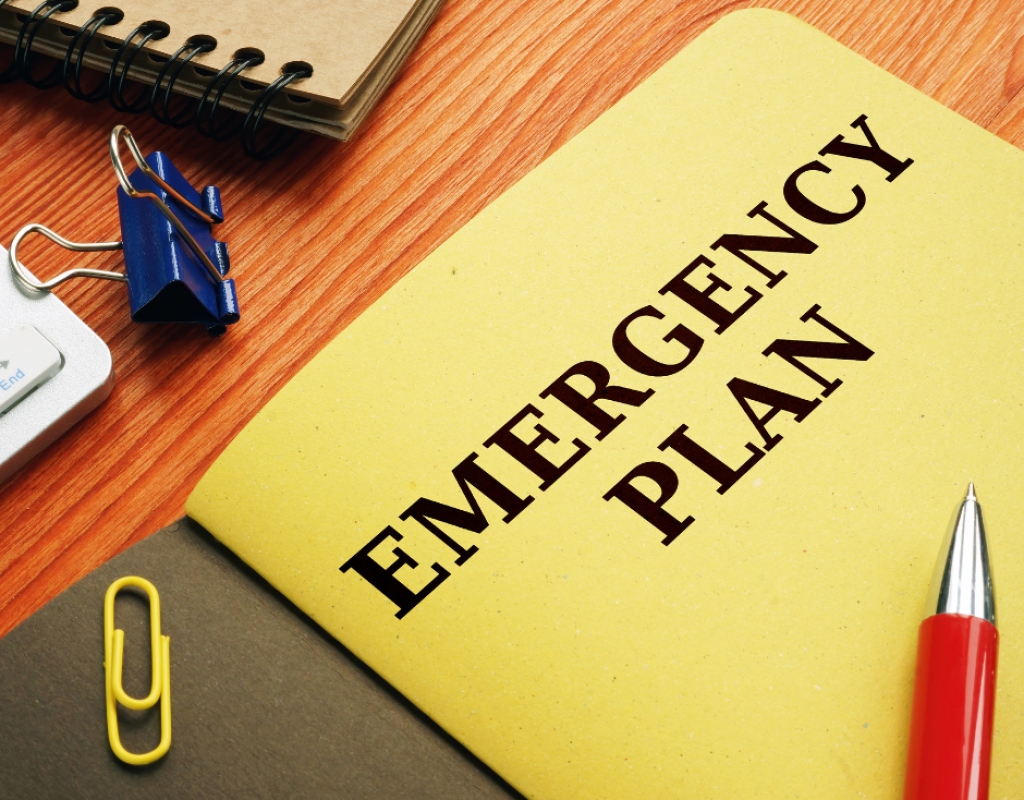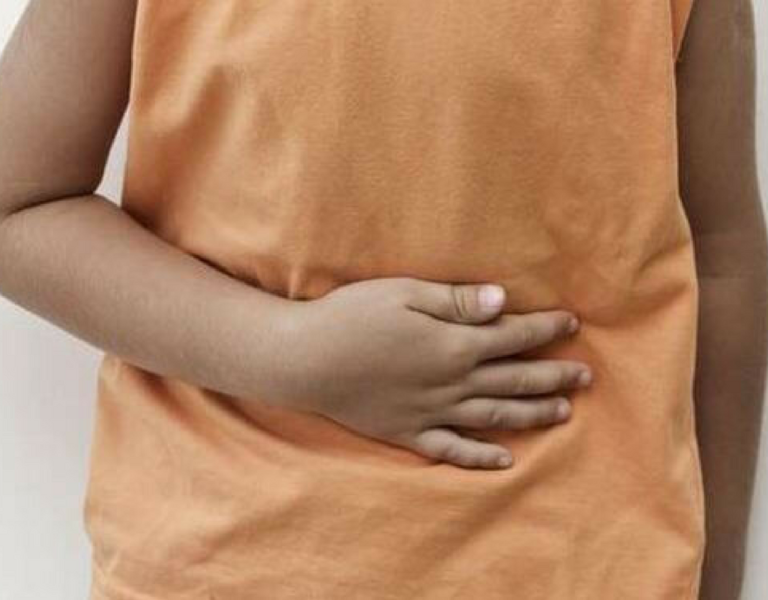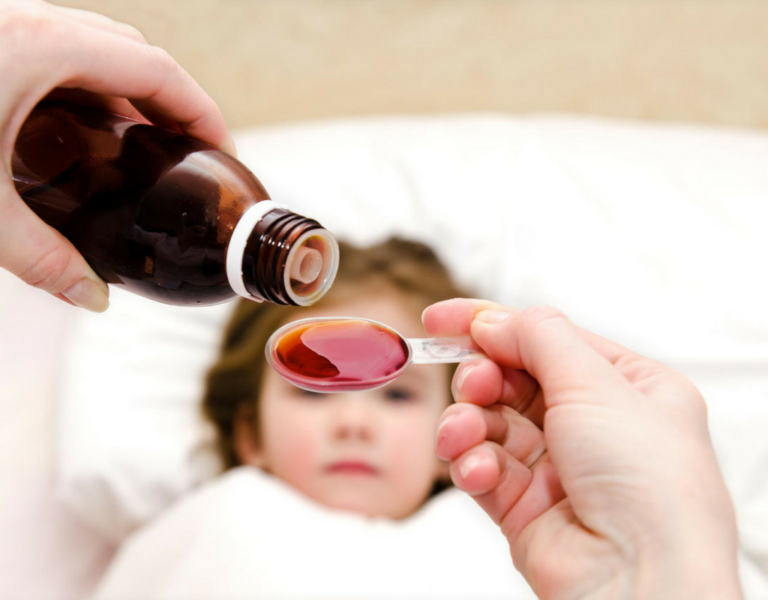As parents, it is crucial to be prepared for unexpected emergencies. While we cannot always prevent them, we can take steps to ensure we are equipped to handle them. This blog post provides essential tips to help you prepare for emergencies and keep your family safe.
Teach Your Child What To Do
Parents need to prepare their children for emergencies by having open conversations about the topic and creating a family emergency plan. This includes teaching children how to call for help, practicing fire drills and evacuation plans, showing them how to use emergency equipment, and discussing specific scenarios. It’s also important to encourage children to ask questions and answer them honestly. Additionally, discussing specific emergency situations like severe weather, power outages, or medical emergencies and teaching them basic first-aid skills can help prepare your children for any situation.
Create a First-aid kit
Creating a first-aid kit is a crucial step in preparing for emergencies. A fully equipped kit can assist you in treating minor injuries and even save lives in more severe circumstances. You can either purchase a pre-made kit or gather necessary items such as bandages, antiseptic solutions, gauze pads, scissors, and adhesive tape to create your own. Remember to store the kit in an easily accessible location and teach your children how to locate and use the equipment.
Read the AAP’s guide to creating a summer first aid kit here.
Read the American Red Cross’s guide for a first aid kit here.
Who to call
It is never too early to inform your children who to call when an emergency happens. In the United States, the emergency number is 911 and it can assist during difficult times. Make sure your child knows their name, address, and any important medical information such as allergies or medical conditions that they or their family members may have to help the operator determine the severity of the emergency. To help younger children understand what to do in an emergency, you can use role-play scenarios. Since most households don’t have a landline, remember to teach them how to call for help using your mobile phone.
We also recommend keeping a list of emergency numbers and contact info for people who can help. Keep the list in a location that is easy to find and get to, and include 911, local police, parents’ cell, poison control, and trusty neighbors or friends. You might also want to create a laminated card containing essential information that your children can keep in their backpacks.
Unsure when you should call for help? Learn more here.
Enroll in CPR Classes
Learning CPR is a valuable life-saving skill that can be useful during emergencies. You can consider taking a CPR class from a reputable organization like the Red Cross to learn how to perform CPR and use an Automated External Defibrillator (AED). These classes will equip you and your family with the necessary knowledge and skills to confidently respond during an emergency. According to the American Heart Association, children aged 9 and above can benefit from CPR classes.
Locate Emergency Equipment
Having access to the proper emergency equipment can make a huge difference in the outcome. Ensure your household has a functional and up-to-date fire extinguisher, first aid kit, and other important tools. Additionally, it is recommended to discuss the locations of fire extinguishers, AEDs, fire blankets, first aid kits, and other emergency equipment in public areas.
Epinephrine Auto-injector
If you or one of your family members has a severe allergy and your physician has prescribed an epinephrine auto-injector, it is imperative to carry that auto-injector at all times to handle emergencies. Be well-versed in using the epinephrine auto-injector and ensure that your injector is current and has not expired. If your child has a severe allergy, inform their school and/or daycare about it and ensure they have an epinephrine auto-injector on hand.
It’s crucial to be aware of potential poisoning risks, especially for young children. Keep the Poison Control number readily accessible on your phone and in your home for quick reference. This invaluable service offers expert guidance on how to treat poisoning and minimize any further damage.
Poison control number 1-800-222-1222
They are also available online at poison.org




